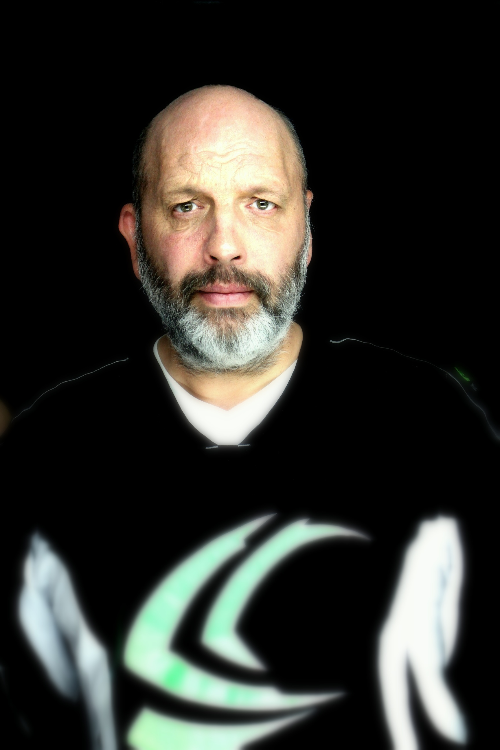University News
Franck Diard, a former student of URCA and a pioneer of technology at NVIDIA, supports the University of Reims Champagne-Ardenne
Franck Diard, "Distinguished Engineer" and "Master Inventor" at NVIDIA, a global leader in computing (with a market capitalization of $3,610 billion at the end of 2024 and 25,000 employees), is the originator of 104 patents that have shaped the fields of GPU technologies and cloud gaming. A former student of the University of Reims Champagne-Ardenne (URCA), Franck Diard returns to his alma mater today with an exceptional donation of €300,000, a gesture of support and knowledge transfer for the new generations of engineers.
A €300,000 commitment to train tomorrow’s talents
Franck Diard's contribution represents a commitment of €100,000 per year for three years, totaling €300,000. By supporting research and higher education, Franck Diard enables URCA students to benefit from the best resources to become the talents of tomorrow.
The transmission of knowledge, at the heart of his commitment
By returning to URCA, Franck Diard actively participates in transmitting the knowledge he acquired during his studies. For this recognized engineer, supporting education and research is a way to perpetuate knowledge, prepare students for tomorrow's technical challenges, and help them follow a path similar to his own. This donation will create a rich learning environment for young engineers, where they can acquire skills directly linked to current technological innovations.
A model of generosity and responsibility for alumni
For Franck Diard, philanthropy is a natural way to give back to the institution that shaped him. “After completing part of my education at URCA, it is important for me to participate in the transmission of knowledge and allow students and future students to benefit from the same opportunities,” he says. Inspired by the American philanthropic culture, he hopes his gesture will inspire other alumni to support their alma mater, thus strengthening the sustainability and excellence of higher education in France.
Christophe Clément, President of URCA, wishes to thank Franck Diard, whose "commitment highlights the importance of transmission and continuity in higher education, and illustrates how an exceptional journey can nurture and support the future of young talents."
A few questions:
After more than 100 patents and the title of Master Inventor, what values or attitudes do you think are essential to encourage innovation among young talents?
- Work tirelessly. Shed preconceived ideas, experiment continuously.
- Social media consumes a good portion of our time nowadays. Forget about it! Solving problems constantly is much more constructive for your career.
- Never leave a problem without a solution or a solid understanding of why it’s not possible.
What do you hope this support will bring to students?
- More resources, of course in quantity, but also in availability. Going through the Foundation provides a clear direction and immediate access to elements that can accelerate and support research and education.
With your career, you are a model for computer science students. What advice would you give to a student or young professional who wants to pursue a career similar to yours?
- Don’t be shy and don’t give up. Going abroad, particularly to the United States, is an accelerator for your career. American companies pay very well, and progression within the company can be astonishing if you put your heart into it.
- Mastering English, understanding and being understood, is fundamental.
With specializations like GPU programming, ray tracing, networking, and image compression, what skills do you think students must master to thrive in the next ten years?
- The trend is obviously AI, but AI runs on a physical layer that is particularly important to understand in order to increase performance.
- Anything that makes things faster is better. GPUs, CUDA, networking (especially Mellanox), virtualization, processor and data center system architecture.
Among the 104 patents you have obtained, is there any particular innovation you are most proud of and would like to see used in student projects?
- Parallelism. Of course, between GPUs and CPUs for classic parallelism (all cores doing the same thing), but also, and importantly, the decoupling of tasks for scheduling (cores executing different tasks, analyzing their dependencies well).
